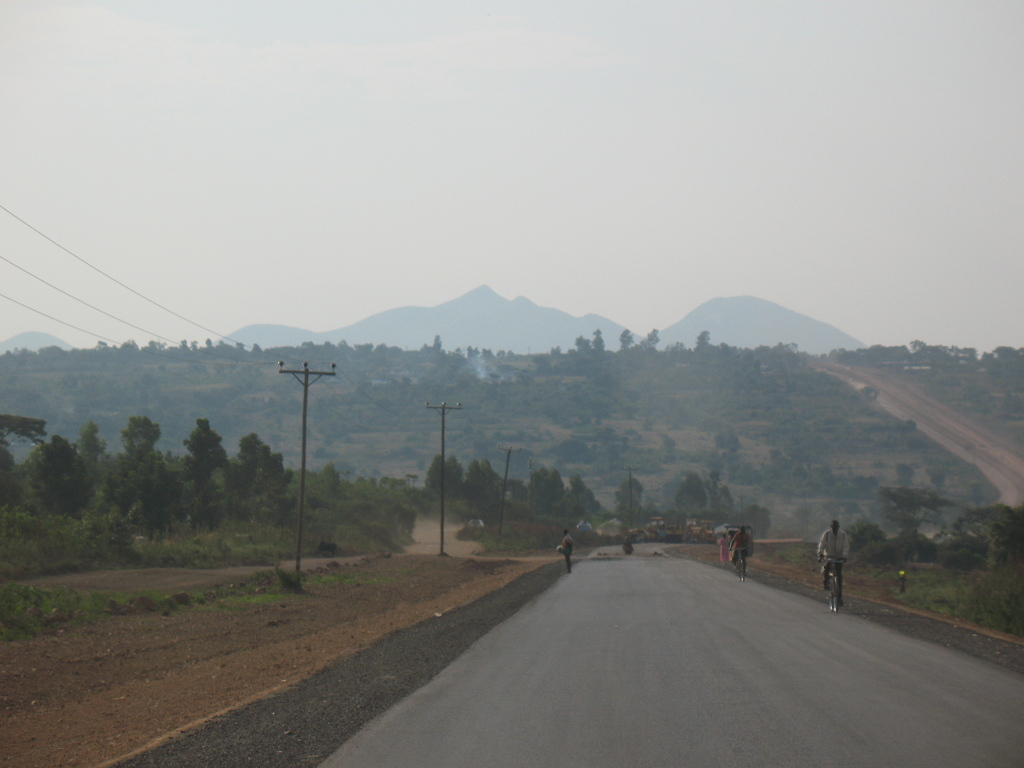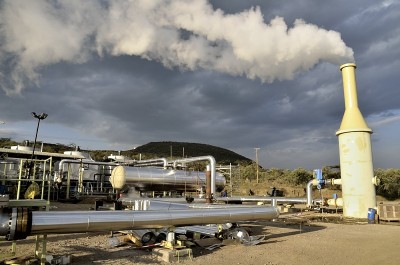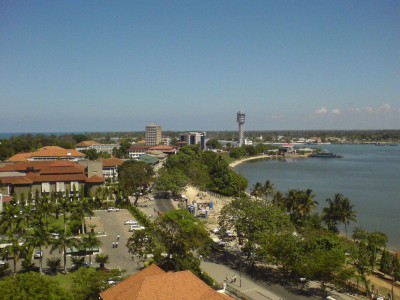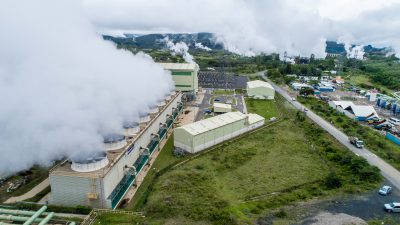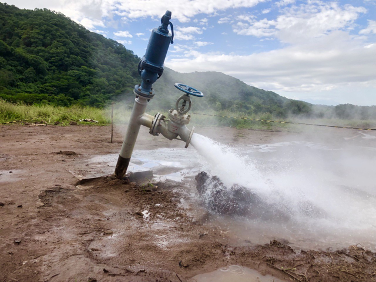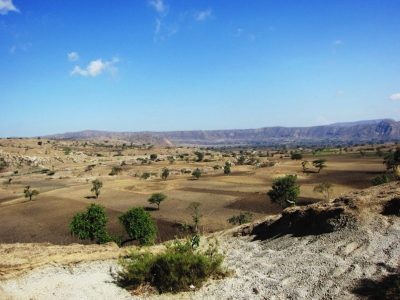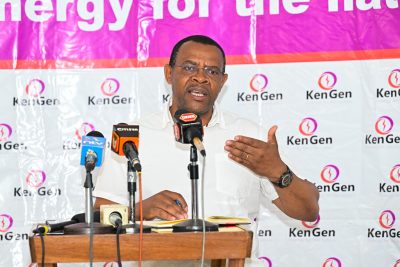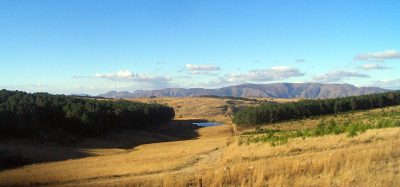Geothermal to be second largest source of power supply in Eastern Africa
A report by the International Energy Agency says that renewable energy will have almost half of sub-Saharan Africa’s power generation growth by 2040 and geothermal will have a key role in Eastern Africa.
In a recent post from Climate Progress, a report from the International Energy Agency (IEA) is mentioned that highlights the key role that renewables and geothermal are going to have in sub-Saharan Africa in the coming years.
According to the author, the report is the “first major analysis of sub-Saharan Africa, looked at the region’s potential to supply energy to the approximately 620 million people who still lack access to electricity.”
African countries have seen good growth and economic development in the last two decades, yet there is still a massive need for electricity. The report predicts that, over the next 26 years, sub-Saharan Africa will start to unlock its “vast renewable energy resources,” and that solar energy will lead the growth in renewables in the region. “Geothermal becomes the second-largest source of power supply in East Africa, mainly in Kenya and Ethiopia,” the report’s authors predict. “Two-thirds of the mini-grid and off-grid systems in rural areas in 2040 are powered by solar photovoltaics, small hydropower or wind.
As technology costs come down, the attraction of renewable systems versus diesel generators grows (although they are often used in combination), especially where financing is available to cover the higher upfront expense.” The report also noted actions that could further contribute to Africa’s growing energy economy. These include a $450 billion investment in the region’s power sector, more cooperation in the region on energy projects, as well as better resource and energy-based revenue management. If all three of these suggestions are taken seriously by investors and by African governments, the region’s economy could be boosted by an additional 30 percent in 2040. “Economic and social development in sub-Saharan Africa hinges critically on fixing the energy sector,” IEA Chief Economist Fatih Birol said in a statement. “The payoff can be huge; with each additional dollar invested in the power sector boosting the overall economy by $15.”
To read the full article, please follow the link below:
Source: Climate Progress
